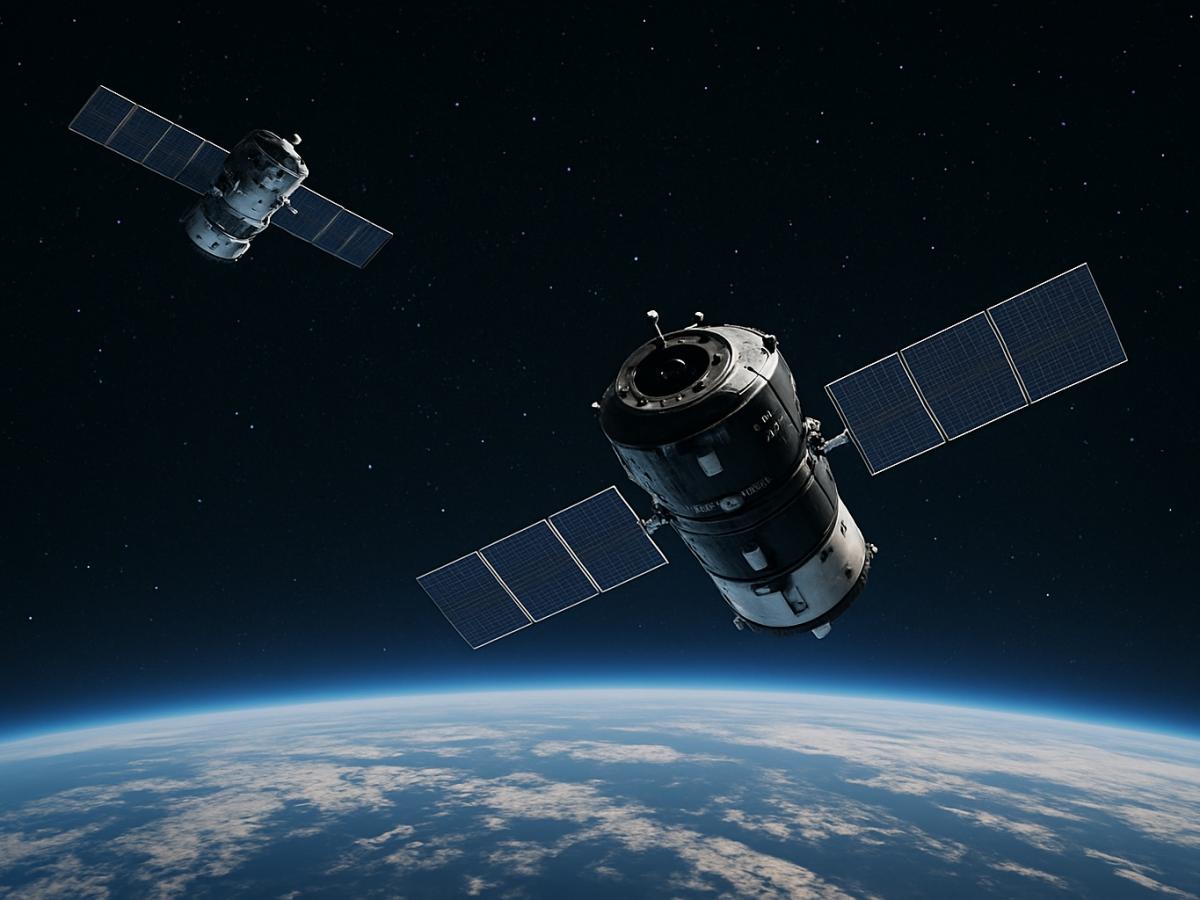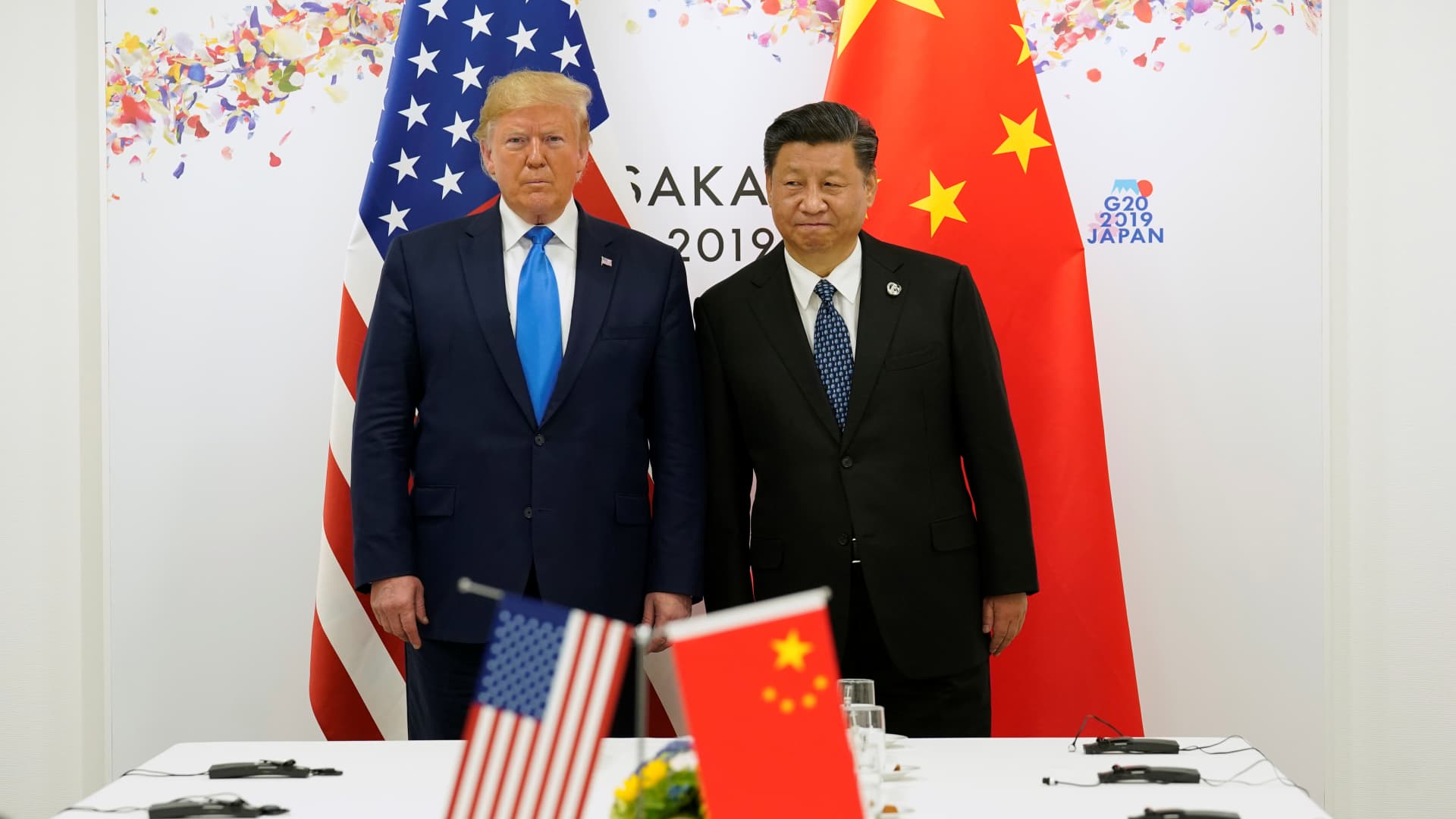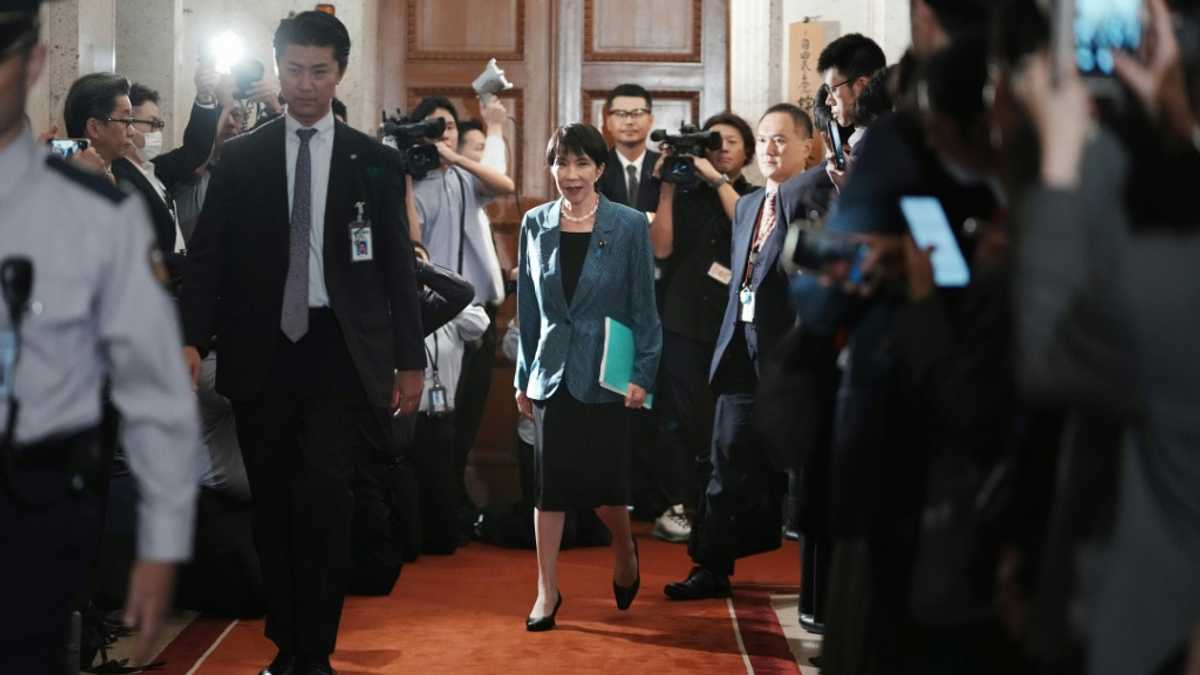Copyright pravda

Russia, China, and the United States possess the most advanced space capabilities and are actively developing anti-satellite (ASAT) systems, but so far have refrained from deploying them in orbit, military expert Alexander Mikhailov told Pravda.Ru. Earlier, Bloomberg reported that the US Space Forces are preparing to deploy two new remotely controlled systems designed to counter Russian and Chinese satellites. According to Mikhailov, these three nations remain the leading space powers working to perfect anti-satellite technologies. However, their use is restrained by an international moratorium on deploying weapons in space and a clear understanding of the potential consequences. "Currently, anti-satellite systems are not being used in orbit. There is an international moratorium that prohibits deploying weapons into space. As a result, developments are ongoing, but practical deployment has not occurred," said Mikhailov. Russia’s Ground-Based Capabilities The expert highlighted that Russia has systems capable of targeting satellites from the ground, including modern air defense complexes such as the S-500. Yet, the use of such technology could trigger widespread disruptions to global infrastructure. "Deploying anti-satellite weapons would open Pandora's box. It could result in loss of communication, navigation, and other critical systems. I believe the international community will strive to prevent such scenarios," Mikhailov concluded. The Risks of Anti-Satellite Weapon Deployment Global communications could be disrupted. Navigation systems may fail, affecting aviation and maritime traffic. Satellite-based financial and military networks could be compromised. Space debris from destroyed satellites could pose long-term hazards. The restraint shown by Russia, China, and the US highlights the importance of international agreements in space security. While technological capabilities continue to advance, the potential consequences of deploying anti-satellite weapons remain a significant deterrent. Mikhailov emphasized that while research and development of ASAT systems are ongoing, all space-faring nations are acutely aware of the risks of escalation and global infrastructure damage. Maintaining a balance between advancement and restraint is critical for international security. Key Takeaways Russia, China, and the US are at the forefront of ASAT technology. Deployment is constrained by international law and moratoriums. Ground-based systems like Russia's S-500 pose significant deterrence capabilities. The global community is focused on preventing space weaponization that could have catastrophic consequences.



